The 1990s were a golden era for video gaming, marked by rapid technological advancements and the birth of iconic franchises that still resonate with gamers today. For those who grew up during this decade, gaming wasn't just a hobby—it was an experience full of unique challenges and joys that kids today will never know.
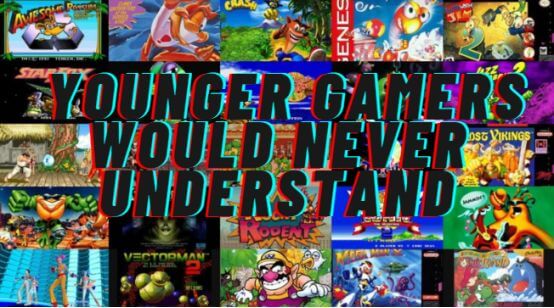
A recent post on Reddit sparked a lot of discussion, what are some of the issues in games back to 90s that younger gamers would never understand? In today's post, we will explore this question.
Part 1: Issues That Younger Gamers Will Never Know
1. Physical Media and Game Rentals
Younger gamers would never understand the thrill of visiting a video rental store to pick out a game for the weekend. In the 90s, games were predominantly available on physical media such as cartridges and CDs. Renting games from local video stores was a common practice, allowing players to experience new titles without committing to a purchase. And these types of games are usually difficult, resulting in you needing to rent them on weekends over and over again.
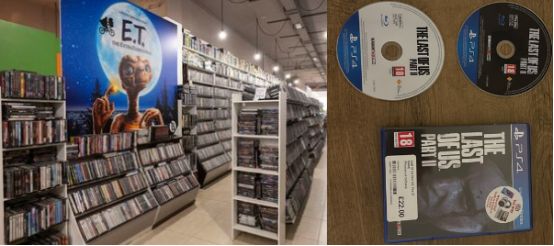
2. Primitive Graphics and Sound
The graphics and sound of 1990s games were primitive by today's standards, something younger gamers would never know. Pixel art, blocky 3D models, and chiptune music defined the era. Despite these limitations, developers crafted immersive worlds and memorable soundtracks that have left a lasting legacy in the gaming community.
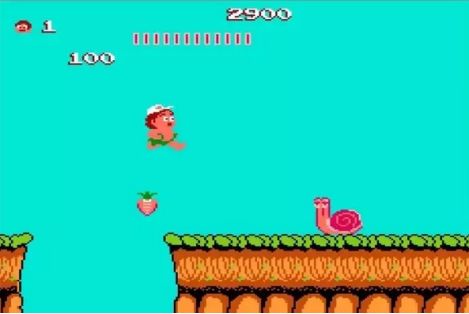
3. Local Multiplayer and Couch Co-Op
It's hard to imagine how younger gamers could ever know the sheer magic of local multiplayer and couch co-op sessions. Before online multiplayer became the norm, gamers would get together in living rooms to play on the same console, sharing controllers and screen space. This created a social gaming environment where friendships were strengthened through shared gaming experiences.
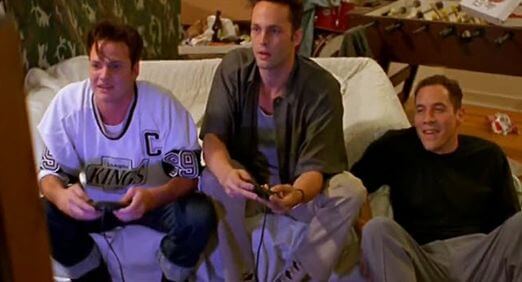
4. Memorable Frustrations
Gamers in the 90s faced numerous frustrations, such as the difficulty of memorizing long passwords to save game progress, dealing with finicky hardware like frayed controller cords, and the limitations of early save systems. These challenges added to the nostalgic charm of the era. That's also something young players will never know.
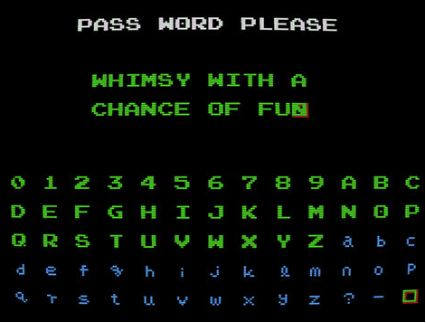
5. Lose Your Last Life
Unlike the archive points that basically every game has nowadays, in the 1990s, if you didn't accidentally lose your last life, you would start the game all over again. This was incredibly crushing. I'm sure all gamers from that era experienced this feeling, something young kids today don't know.
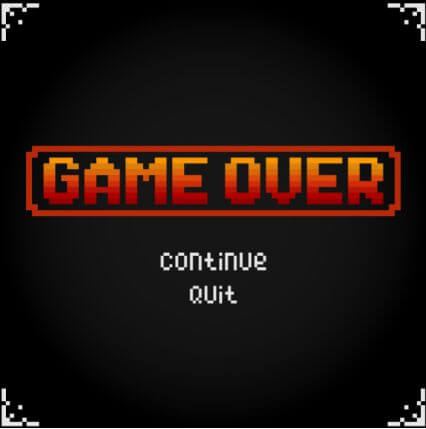
6. Loading Bar
Most games nowadays are smoother and gamers opt for better devices, so younger gamers may not experience the crashes of watching the progress bar move back then. One can imagine staring at the staring at the progress bar all the time, praying that it doesn't stall or crash. This tense and exciting part of the game brings a different kind of experience to the game.

Part 2: FAQ About 90s Gaming Nostalgia
1. What was the gaming culture in the 90s?
Bring back 90s gaming nostalgia(strong), the gaming culture was all about physical media and game rentals, local multiplayer and couch co-op gaming, and the excitement of game magazines and cheat codes. Gamers often had to put up with the frustrations of slow internet for online play and had to deal with the challenges of primitive graphics and sound. The intense competition between systems like the SNES and Sega Genesis added to the era's distinctive charm.
2. What happened in gaming in 1990s?
It was a decade of big changes in video gaming. It was a decade of big changes, moving from sprite-based graphics to full-fledged 3D graphics. This led to the creation of several new types of video games, including first-person shooters, real-time strategy games, survival horror games, and MMOs.
Conclusion
For those who lived through it, the nostalgia of 90s gaming is a cherished memory, a reminder of a simpler time when the industry was just beginning to discover its potential. Younger gamers would never understand the unique experiences of 90s gaming, but these memories hold a special place in the hearts of those who remember.
